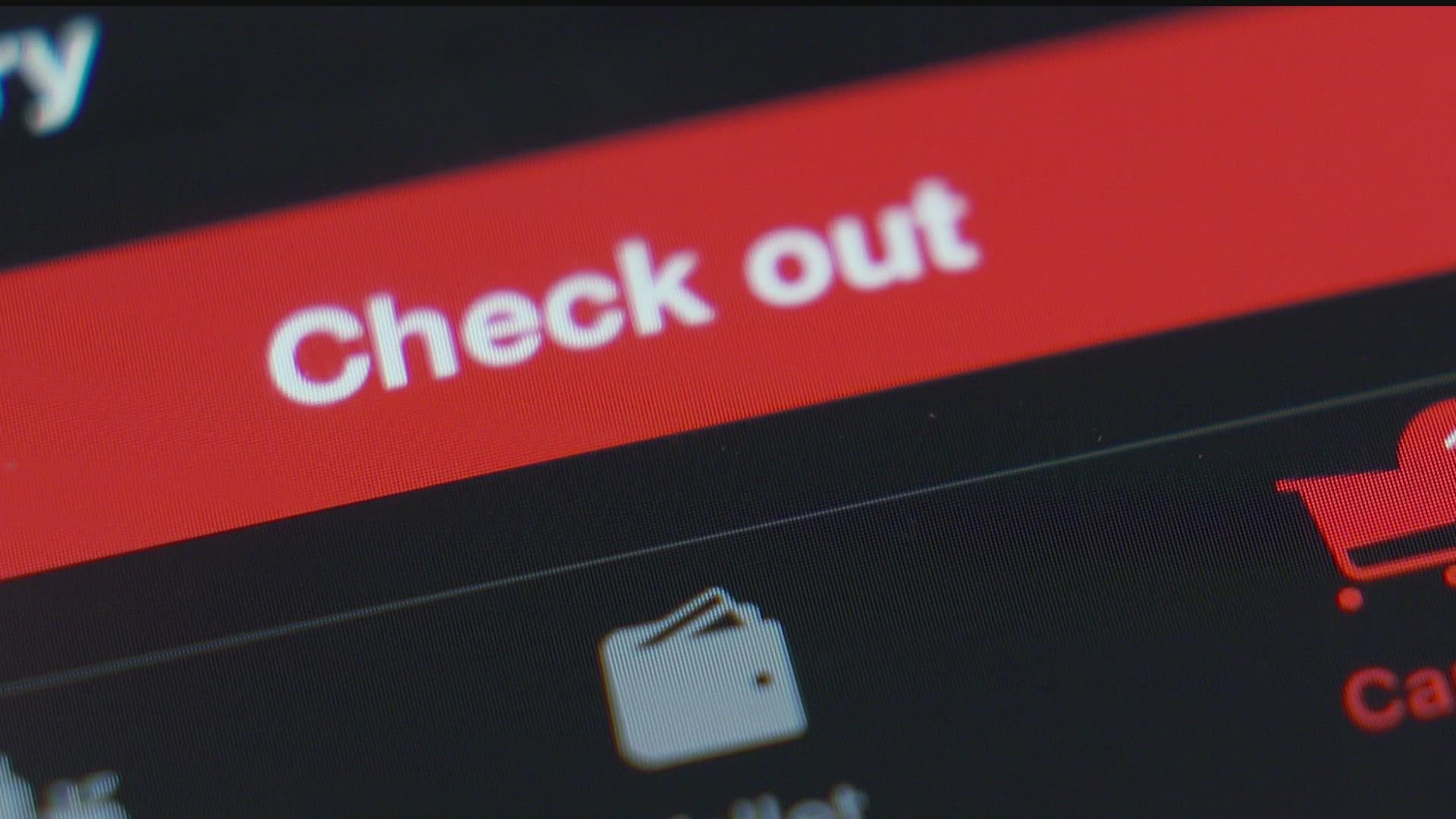MINNEAPOLIS — Black Friday set a record for online shopping with consumers spending $9.12 billion, a 2.3% increase over last year, according to Adobe Analytics.
But consumers are also dealing with inflation.
"It's hard to get firm numbers until our taxpayer-funded government numbers come out which are always about a month late. But the private industry numbers are always a little self-serving. The numbers I'm seeing are just about what the inflation rate is," said George John, professor of marketing at Carlson School of Management at the University of Minnesota.
"They're somewhere around 7-%-8% depending on the category and the reporting source. But if you factor in 7% or even 8% inflation, in terms of number of eggs sold, or pounds of beef sold, number of sweaters sold, you're looking at even-steven," he continued.
Although shopping is keeping pace with inflation, it has yet to meet pre-pandemic figures.
"People are buying about the same amount of stuff as last year. We're not quite back to pre-pandemic levels if you adjust for inflation but we're getting there." added John.
The holiday shopping season also continues to evolve. Black Friday is no longer a one-day, big shopping event.
"It's not that critical day that it used to be. Now the Christmas shopping season starts before Halloween even," John said.
For example, Amazon rolled out an extra Prime Day in October.
Cyber Monday has also changed with online sales starting on Thanksgiving or even earlier.
John remembers how Cyber Monday got its start, when dial-up internet at home could be "slow as molasses."
"So everybody would wait until Monday to go back to the office and do shopping with the faster, wire internet from the office. Those days are gone. Your phone's as fast as the office link these days," John said.
According to Adobe Analytics, 48% of online sales during Black Friday were made on smartphones.
Hot products on Black Friday 2022 included the Xbox Series X, Bluey, Call of Duty: Modern Warfare II, drones and Macbooks.
John said it's hard to predict prices and compared it to airline pricing.
"What these retailers are doing is they put it on sale and see how many people bought it. If fewer people bought it then they wanted, then they put it on sale again. But if more people bought it then they thought they would, they take the price back up. It's a little bit like airline pricing and there are so many computers and so much data that they have about us. It's sort of a game they're playing with us and we play the game right back," John said. "You don't know if it's going to keep going down or whether it's going to keep going up. So that's why I say no matter what the price is, make sure you're not getting into debt for it. If you're happy with the price, buy it, do not look back. You will just feel miserable."
According to Adobe Analytics, more people are using the buy now, pay later option. But John advised consumers to not overdo it with the holiday deals, as many families are stretching their money this season.
He also urged shoppers to support small businesses.
"I feel for them because they took it on the chin. During the pandemic, the numbers are just staggering how many of them went out of business and the ones that survived are probably just working their way out of a huge amount of debt. They have a lot of their personal savings invested in these stores," John said.
Cyber Monday is expected to be the biggest online shopping day, according to Adobe Analytics, with an estimated $11.2 billion in sales.
Adobe said those looking to buy a computer or furniture should shop on Cyber Monday while appliances will see top discounts on Dec. 1.
According to the National Retail Federation, an estimated 165.3 million people are likely to shop Thanksgiving Day through Cyber Monday.
Watch more local news:
Watch the latest local news from the Twin Cities in our YouTube playlist:

